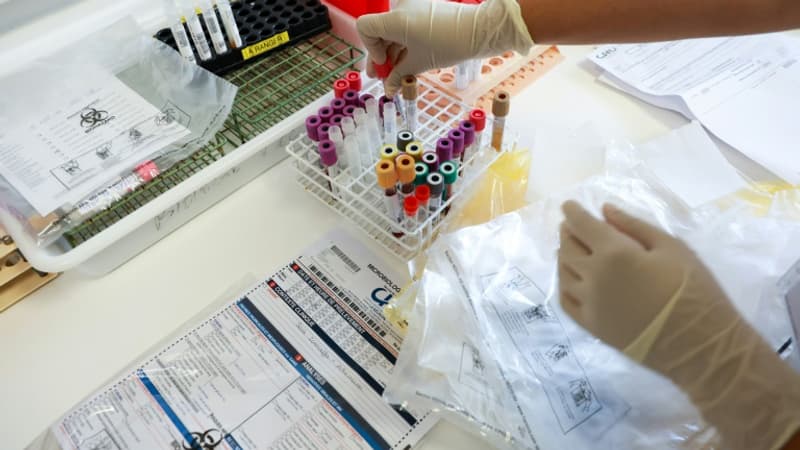The Chikungunya virus is still actively circulating in Mayotte, where a “significant” fall in the number of declared cases must be put into perspective given the limited capabilities to measure exactly the dynamics of the epidemic, said Friday, June 20, the public health of health.
“The circulation of Chikungunya remains active throughout the territory, with high intensity, especially in several municipalities outside the main epidemic houses of Mamoudzou, Pamandzi and Dzaoudzi, until now less affected,” observes the public health of health.
At least 969 confirmed cases
Since the beginning of 2025, 969 confirmed cases of Chikungunya have registered in the Archipelago of the Indian Ocean, indicates the health agency, counting 74 new cases from June 9 to 15, according to additional provisional data, against 135 the previous week.
If it is “significant”, this drop in the number of confirmed cases should be considered “with caution, given the limits of current surveillance,” he adds.
Chikungunya’s biological confirmation tests are not only systematic for patients who occur in the emergency room, under high pressure, but will resort to limited care of a part of the population of Mayotte.
Regarding the presence of disease mosquito vectors, the situation seems mixed. On the one hand, the actions of the fight “begin to bear fruit, were added to the decline of the rain and the arrival of the commercial winds”, and their density gradually decreases. On the other hand, persistent rain in certain areas, especially in the east of large-terre, could promote this density in the coming weeks.
Strengthen the anti -catatestoral struggle
Since the detection of the first case confirmed in the archipelago, 36 people have been hospitalized, including 18 pregnant women for surveillance and 14 babies under one year. Until now, two admissions have been reported in neonatal resuscitation, but there is no death.
Given the current situation, the Health Agency requires strengthening the fight against the label, especially in municipalities outside the original epidemic homes and actions directed to reduce larval accommodations and population awareness to limit mosquito proliferation.
Chikungunya causes high fevers, sometimes pain in lasting joints and intense fatigue. But in Mayotte, the poorest department in France, often the population perceives it as a minor evil before the other emergencies of everyday life. Mayotte has already suffered several public health crises in 2024, including an epidemic of cholera, then the consequences of the passing cyclone.
Source: BFM TV


